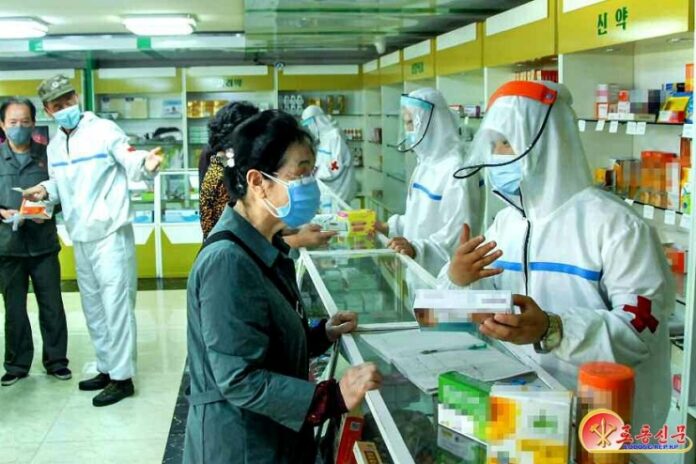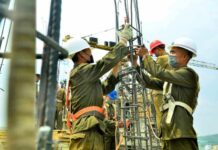
Some North Koreans who fell victim to COVID-19 appear to be dealing with symptoms of “long COVID,” such as lower cognitive function, breathing problems and other symptoms, a reporting partner in South Pyongan Province told Daily NK on Tuesday.
“The [phenomenon] is especially serious among people who simply endured while they were sick with COVID without taking fever medications,” he said, speaking on condition of anonymity.
According to South Korea’s Korea Disease Control and Prevention Agency, there is no firm definition of “long COVID,” and different countries and agencies use their own definitions and terminology.
In South Korea, health authorities define long COVID as the persistence of symptoms 12 weeks after a COVID-19 diagnosis.
However, no proof has yet emerged that the use or non-use of fever medication at the time of infection influences the manifestation of aftereffects. North Koreans, for their part, lack antibodies given that few have been vaccinated against the disease, which suggests they may be suffering serious aftereffects.
Daily NK’s reporting partner said people suffering aftereffects of the disease usually complain of headaches and tightness in the chest. “Some people are even getting slow-witted,” he said.
Generally speaking, long COVID’s major symptoms include fatigue, post-exercise malaise, cognitive disability, coughs and respiratory distress.
Based on the reporting partner’s account, some North Koreans seem to be suffering from symptoms typical of long COVID.
The reporting partner said several people, mostly old people and children, are suffering from symptoms of long COVID in his neighborhood watch unitNeighborhood watch units (inminban, people's units) are Nort... More.
North Korea’s elderly and young children were already vulnerable to disease before the outbreak of COVID-19 due to malnutrition and the country’s non-functioning healthcare system. The threat to their health has only grown with COVID-19, for which they are at high risk due to the lack of vaccinations.
“It’s tough seeing old people sick, but it’s painful to watch children with the world ahead of them appear to become slow-witted,” the reporting partner said. “But what is especially painful is that nobody can do anything about it.”
North Korea officially acknowledged its first COVID-19 outbreak last May and declared the outbreak over three months later in August.
That being said, Rodong Sinmun and other state-run media outlets are still calling for a total focus on emergency disease control efforts, calling it the country’s “No. 1 priority.” Given the country’s poor medical system, however, it is unlikely that North Koreans suffering symptoms of long COVID will be able to receive proper medical treatment.
Translated by David Black. Edited by Robert Lauler.
Daily NK works with a network of reporting partners who live inside North Korea. Their identities remain anonymous due to security concerns. More information about Daily NK’s reporting partner network and information gathering activities can be found on our FAQ page here.
Please direct any comments or questions about this article to dailynkenglish@uni-media.net.

















